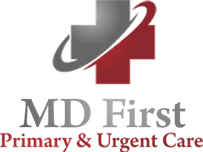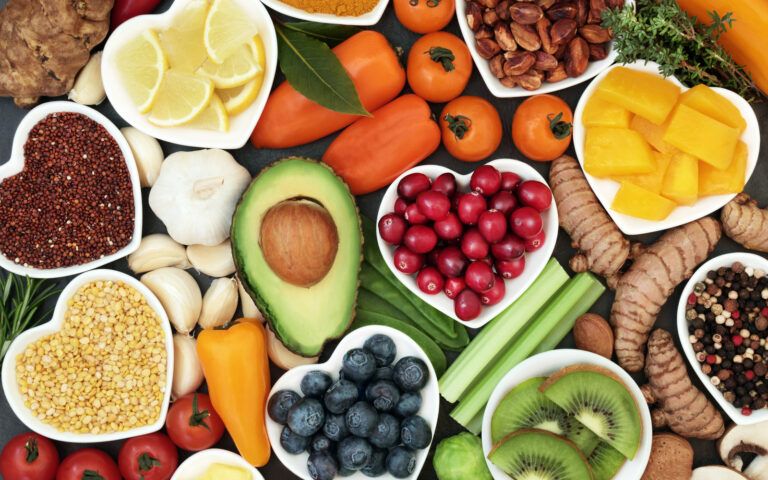Coronary artery disease, alongside other types of heart disease, are conditions that affect how the heart operates and receives oxygen-rich blood to your system. Symptoms can go unnoticed for decades, and it’s only through a heart-healthy lifestyle that heart disease can be prevented. However, changing your eating habits is often tricky, and when you have years of unhealthy eating, it can be challenging to make those life-long changes. But a heart-healthy diet can work with your lifestyle if you know what to eat and avoid.
What To Avoid Eating When On A Heart-Healthy Diet for Heart & Coronary Artery Disease
To help you start a heart-healthy diet, knowing what to avoid first is essential. So many of the foods we have today can contain processed ingredients and unhealthy sugars, fats, and sodium levels that can impact your heart over time. Some key features in food to avoid when changing your diet include:
- Saturated Fats and Trans Fats: Both saturated fats and trans fats are some of the primary causes of high blood cholesterol, which can lead to plaque buildup in the arteries, leading to a higher risk of heart attacks. Saturated fats should take up less than 6 percent of your diet, and avoid trans fats altogether. Some substitutions for healthy fats can include olive oils, vegetable oil, avocados, and other types of nuts.
- Added Sugars: Any food with added sugars is often a key ingredient of most unhealthy diets, and they’re everywhere. While some added sugars couldn’t be avoided, some foods don’t have to have them, such as canned or frozen fruits. To help reduce this, make sure to get natural sugars from fresh fruits instead.
- High Sodium: Alongside sugar, most unhealthy diets contain high amounts of added sodium, which can lead to high blood pressure, another risk factor for heart disease. Salt intake is recommended at no more than 2,300 milligrams of sodium a day, or about a teaspoon of salt. Look for salt amounts in canned soups, baked goods, and frozen dinners, and replace them with dinners made with salt-free seasoning blends and reduced-sodium canned soups.
- High-Fat Proteins: While protein is an excellent source for building muscle and maintaining your body, many sources of protein provided today contain high amounts of unhealthy fats, such as hot dogs, bacon, and fried meats. Replace these meats with options such as salmon, legumes, skinless chicken breasts, and eggs instead.
- Processed Grain Products: One of the biggest factors in unhealthy diets is processed grains, which remove all the nutrients from those grains and process them with added sugars and salt. To get your source of fiber, try foods such as 100% whole-grain bread, high-fiber cereals, whole-grain rice, and whole-grain pasta to help freshen up your meals.
Changing your diet requires time, patience, and dedication, but it’s important to adjust your diet to your lifestyle to make it work for you. Sometimes cheat days are needed to help you maintain your morale. Other times, new recipes need to be explored to make your diet more interesting to your tastebuds. But to best maintain your heart health, diet, exercise, and planning is the key.
Take Care Of Your Heart At MD First Primary & Urgent Care!
At MD First Primary & Urgent Care, Dr. Amrendra Kumar and Kasey Hudson can provide excellent care for your heart through our primary care services in Lancaster, SC. We work to provide care for all of our patients in a timely, effective manner and help our patients live the best, healthiest lives. To learn more, schedule an appointment by calling (803) 283-2300.




